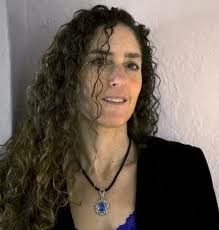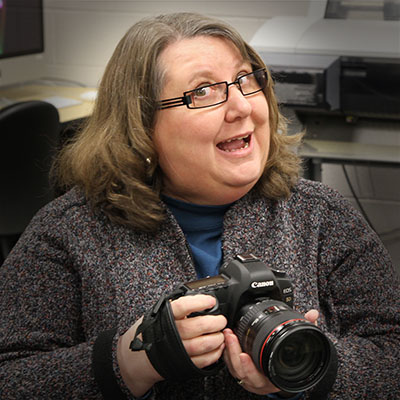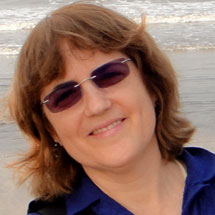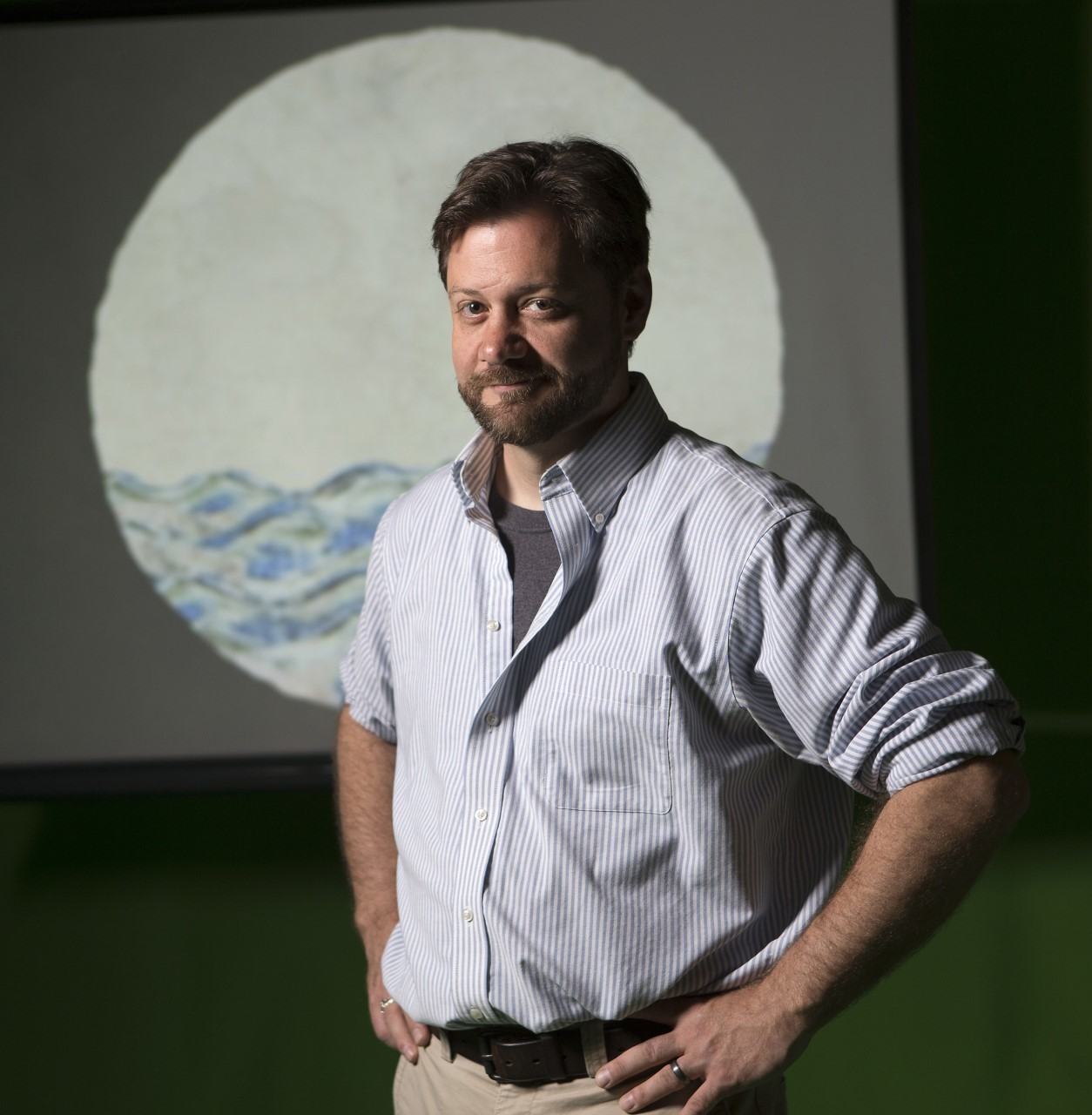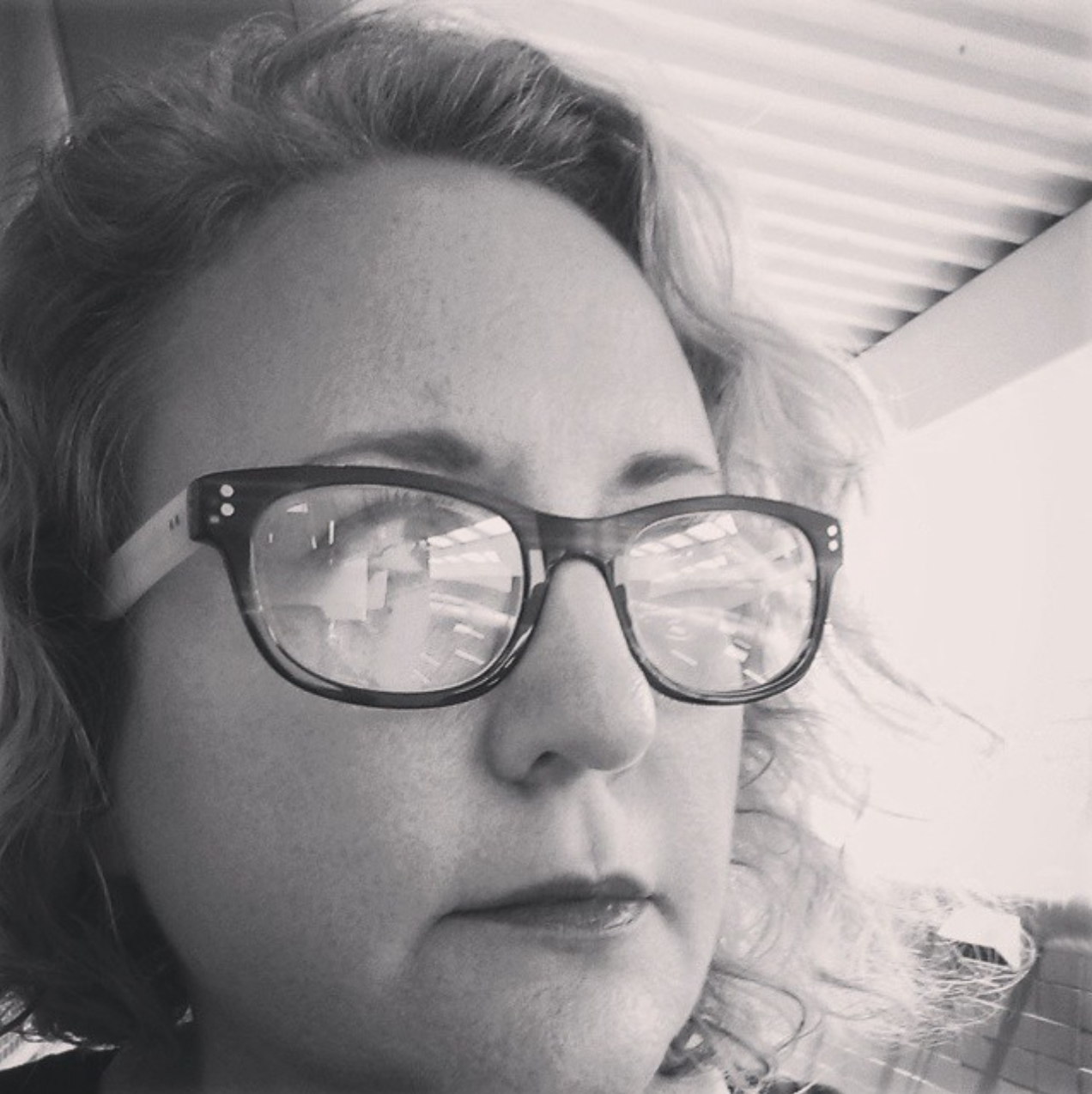Graduate Digital Arts
Graduate Digital Arts
The M.F.A. degree in Digital Arts at BGSU is an intensive, 60-credit studio degree designed to prepare students to become both professional artists in industry and university-level instructors while developing their own studio practice.
The Digital Arts Division offers advanced study and the development of professional artistic expression in many areas including: Digital Imaging, Interactive Multimedia Development, Digital Video, 3D Modeling and Animation, and Hybrid Media forms including 3D printing, Architectural Projection Mapping, Web App Development and Interactive Installation Art. We have an intimate graduate program which allows for customized coursework and is complimented by a large undergraduate program. All supported graduate students are provided with studio space and computers.
Several full and partial tuition Graduate Assistantships are available. Assistantships include teaching courses (second year), technical and facility support, and the opportunity to work in our professional large-format printing studio.
Our laboratories are housed in the newly built Wolfe Center for the Arts and includes three state-of-the-art digital studio classrooms: a 20-seat Mac Pro OSX lab, a 20-seat HP (Windows 7) lab, and an editing lab with 20 Mac Pro video editing workstations. The School of Art hosts the Media Center, which has high-dynamic range wide format printers capable of printing on a wide variety of media, high-resolution scanners, and 3D printing, in addition to our inventory of high-end digital a/v equipment for student checkout.
AREAS OF FOCUS:
Computer Animation & Video
The focus of the curriculum is artistic expression using traditional and 3D animation (with a strong emphasis on 3D animation), video art, motion graphics, special effects and compositing. As a graduate student, the emphasis is on content development, narrative and non-narrative structures, timing, effective motion, storytelling, and creative expression. Beyond mastering the technical aspects of animation, graduate students are expected to push the creative envelope and produce thought-provoking work that can be shown in animation festivals, art exhibitions, and public screenings. The current curriculum includes technical instruction in inverse kinematics, particle systems and dynamics, deformations, scripting, and compositing as well as advanced modeling, rendering and animation techniques using state-of-the-art software.
Interactive Multimedia
The emphasis in interactive multimedia is on creative art development including: Net Art using HTML,CSS, Javascript, and Processing, creative production of websites and apps for mobile devices, as well as installation art and interactive physical artworks. Regardless of their area of focus, graduate students are encouraged to create thought-provoking experiences for the viewer/participant. Students are able to merge their interests in imaging, animation, sound, video, interactivity and computer programming through interactive multimedia. Graduate students are expected to work on idea development as well as mastering the technical skills necessary to develop meaningful artwork. Technical instruction is provided using state-of-the-art software and hardware.
Imaging
Graduate students focusing on digital imaging are encouraged to explore their artistic vision and realize their ideas through the print. 2D Imaging students explore digital painting, digital photography, image manipulation, compositing, and montage. 3D Imaging students have access to our MakerBot Replicator 2 3D printer and Pepakura software to realize 3D prints. There is a strong focus on print technology, including large format and experimental alternative printing techniques for both 2D imaging and 3D modeled and rendered images. Students in this area use various input devices including DSLRs, video cameras, scanners, and digital tablets to create their art. Students in imaging are encouraged to find and integrate new ideas surrounding the tools, formal composition, content, readings, and concepts and integrate them into their art. Graduate students in 2D imaging use state-of-the-art imaging software and hardware.
Cross Disciplinary Study
Although the Digital Arts MFA program has three areas of focus, graduate students also have the opportunity to merge art disciplines and investigate new directions. Students are also encouraged to explore interests in media outside of Digital Arts. For instance, a student may want to explore the integration of drawing, computer programming, sculpture, theater, or film with their Digital Arts work.
Requirements
Students must complete at least 21 of their minimum 60 semester credit hours of coursework within their specialization with 12 hours of studio electives also required. In addition, students must complete nine credit hours in graduate-student-only courses known as Studio Critiques. These courses foster intensive group dialogue about individual students' work and also serve as a forum for the discussion of relevant contemporary art issues. Students are also required to take six hours art history seminar, three hours of graduate academic elective, a course (3 hours) on effective teaching (pedagogy), three hours of exhibition research, and an additional three hours of general elective at the graduate level.
The student Computer Art Club is open to all undergraduate and graduate students in the School of Art. The overall goal of the club is to promote awareness of Digital Arts, to highlight advances and opportunities in the field, and to assist Digital Arts students. Club activities include demonstrations, art shows, trips to conferences (SIGGRAPH), and social events. Past activities have included guest speakers from the computer graphics industry, Digital Arts exhibitions on and off campus, and various field trips including the Ottawa Animation Festival. Digital Arts Club members share information and knowledge with each other in a cross-collaborative environment. They are also an ACM SIGGRAPH Student Chapter.
In addition, all graduate students are invited to participate in GASO, Graduate Art Student Organization.
Students who graduate with a Master of Fine Arts degree are qualified to teach at institutions of higher education such as universities and community colleges and also work in production studios in the field. Major hollywood studios and other digital art and animation companies often select students with MFA degrees over those that have undergraduate degrees. The MFA program also prepares students to exhibit their work at galleries and museums.
Many of the Digital Arts graduates have taken leading roles in the digital arts and animation fields. Graduates go on to start their own businesses, to work in the film, video, and broadcast television industry as computer animators, digital artists and special effects artists, as 3d modelers for industrial design businesses, as animators and digital artists for interactive game companies, in visualization for training, medical and industrial companies, and as World Wide Web developers.
- ARTC 5030
Digital Art Development - Fall, Spring. Focus on developing skills necessary to produce advanced work in the field of digital animation, digital imaging, or interactive art. Course work includes art production as well as technical exercises to enhance understanding of techniques. May be repeated to 12 hours. Prerequisite: Consent of instructor. Extra fee. 3 to 6 credit hours. - ARTC 5130
Digital Animation Studio - Fall, Spring. Concepts and techniques of 3D and/or 2D digital animation. Course may include narrative or non-narrative approaches to creative animation development. Focus is on the principles of animation, the history of animation, story development, and pre-visualization through animatics. May be repeated to 21 hours. Prerequisite: consent of instructor. Extra fee. 3 to 9 credit hours. - ARTC 5230
Digital Imaging Studio - Fall, Spring. Advanced artistic development using imaging techniques such as digital paint, image manipulation, and digital video. Investigation of artistic image output and representation through print, installation, or time-based work. May be repeated to 21 hours. Five studio hours. Prerequisite: consent of instructor. Extra fee. 3 to 9 credit hours. - ARTC 5240
Alternative Digital Print - Investigation of a variety of non-standard ways to realize artworks that start with digital images. This includes various handmade printing substrates, printing and transfer methods, pre-print alterations, and post print additions. Prerequisite: ARTC 3210 or consent of instructor. May be repeated to 6 hours. 3 to 3 credit hours. - ARTC 5250
Photography for Digital Arts - On Demand. Investigation of artistic expression using digital photographic tools, peripherals, and output. Study of fine art printing methods, professional level digital cameras, digital imaging, photographic practices and history of photography related to contemporary practices. Five studio hours. Prerequisite: Consent of Instructor. Extra Fee. 3 to 12 credit hours. - ARTC 5330
Interactive Art Studio - Fall, Spring. Creative production of digital interactive multimedia art. Exploration of emerging technologies as well as an in-depth study of programming and design of artistic interactive experiences. May be repeated to 21 hours. Prerequisite: consent of instructor. Extra fee. 3 to 9 credit hours. - ARTC 5410
Collaborative Multimedia Development - Spring. Focus on teamwork and creative application of multimedia and digital animation techniques to solve real-world problems. Five studio hours. Prerequisite: Consent of instructor. May be repeated to 21 hours. 3 to 12 credit hours. - ARTC 5430
Artistic Animation Effects - On Demand. Creative development of animation and special effects using non-geometric modeling such as particle systems and dynamics. Focus on artistic, technical and conceptual aspects of advanced animation techniques and compositing. Five studio hours. Prerequisite: Consent of instructor. May be repeated to 21 hours. 3 to 12 credit hours. - ARTC 5440
Digital Video Art - On Demand. Creative production of time-based art using digital video and effects. Emphasis on advanced video concepts, techniques, compositing. Production of both single and multi-channel videos and video art installation. Five studio hours. Prerequisite: Consent of instructor. 3 to 12 credit hours. - ARTC 5820
Special Topics in Digital Arts - On demand. Various topics chosen to meet Digital Arts curriculum needs. Topics will address issues related to studio techniques or historical and contemporary theory. Prerequisites will be announced for each offering. May be repeated to 12 hours. Extra fee. 3 to 6 credit hours. - ARTC 5860
Workshop in Digital Art - Intensive in-depth study of a particular or unique topic not covered in the normal curriculum. Topics vary. May be repeated to 12 hours. Extra fee. 3 to 6 credit hours. - ARTC 6130
Advanced Study in Digital Animation - Fall, Spring. Advanced concepts and techniques of 3D computer animation. Course may include 3D modeling, character animation setup, inverse kinematics, handdrawn animation, as well as principles of animation and story development. May be repeated to 21 hours. Prerequisite: ARTC 5130. Extra fee. 3 to 9 credit hours. - ARTC 6230
Advanced Study in Digital Imaging Art - Fall, Spring. Advanced artistic development using imaging techniques such as digital paint, image manipulation, and digital video. Investigation of artistic image output and representation through print, installation, or time-based work. May be repeated to 21 hours. Prerequisite: ARTC 5230. Extra fee. 3 to 9 credit hours. - ARTC 6330
Advanced Study in Interactive Art - Fall, Spring. Creative production of advanced digital interactive multimedia art. Exploration of emerging technologies as well as an in-depth study of programming and the design of artistic interactive experiences. May be repeated to 21 hours. Prerequisite: ARTC 5330. Extra fee. 3 to 9 credit hours. - ARTC 6860
Independent Study in Digital Arts - Fall, Spring. Supervised individual problems in selected digital art studio research for students that have shown technical and artistic proficiency. The ability to work independently to develop work that falls outside of the scope of classes offered. May be repeated to 18 hours. Prerequisite: consent of instructor. 1 to 9 credit hours.
MFA: Digital Arts
Updated: 04/14/2022 03:40PM

